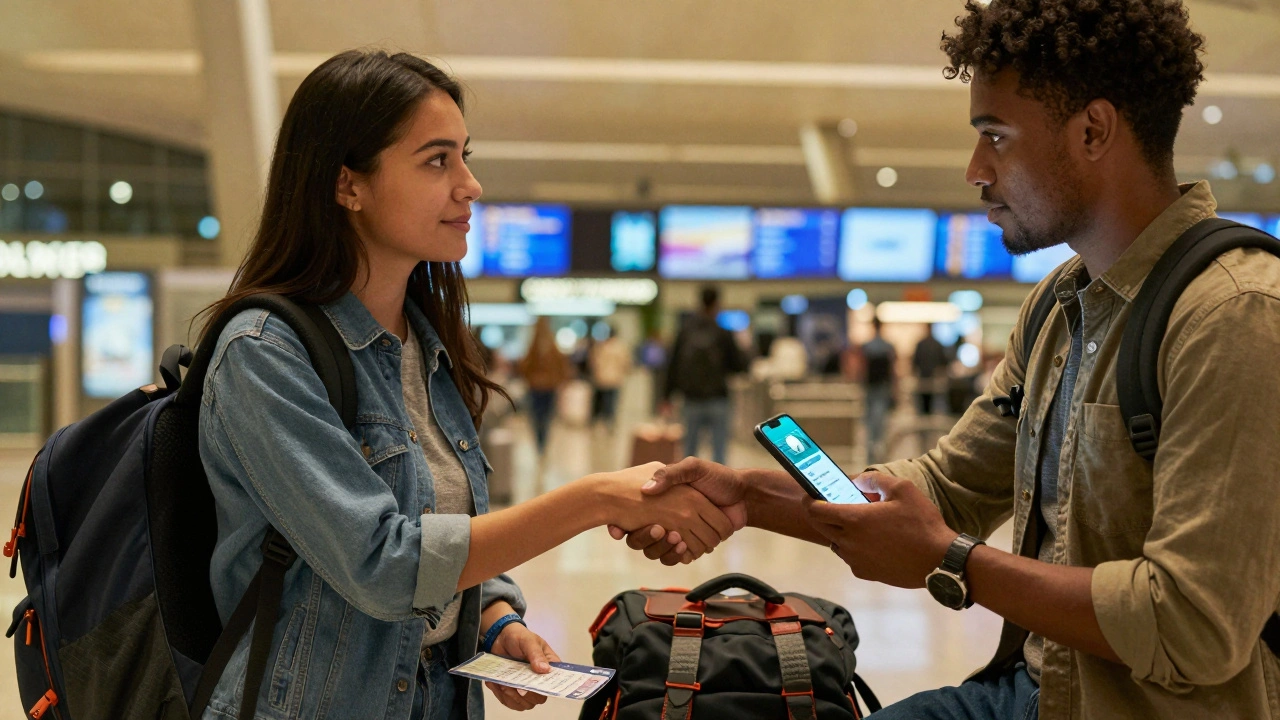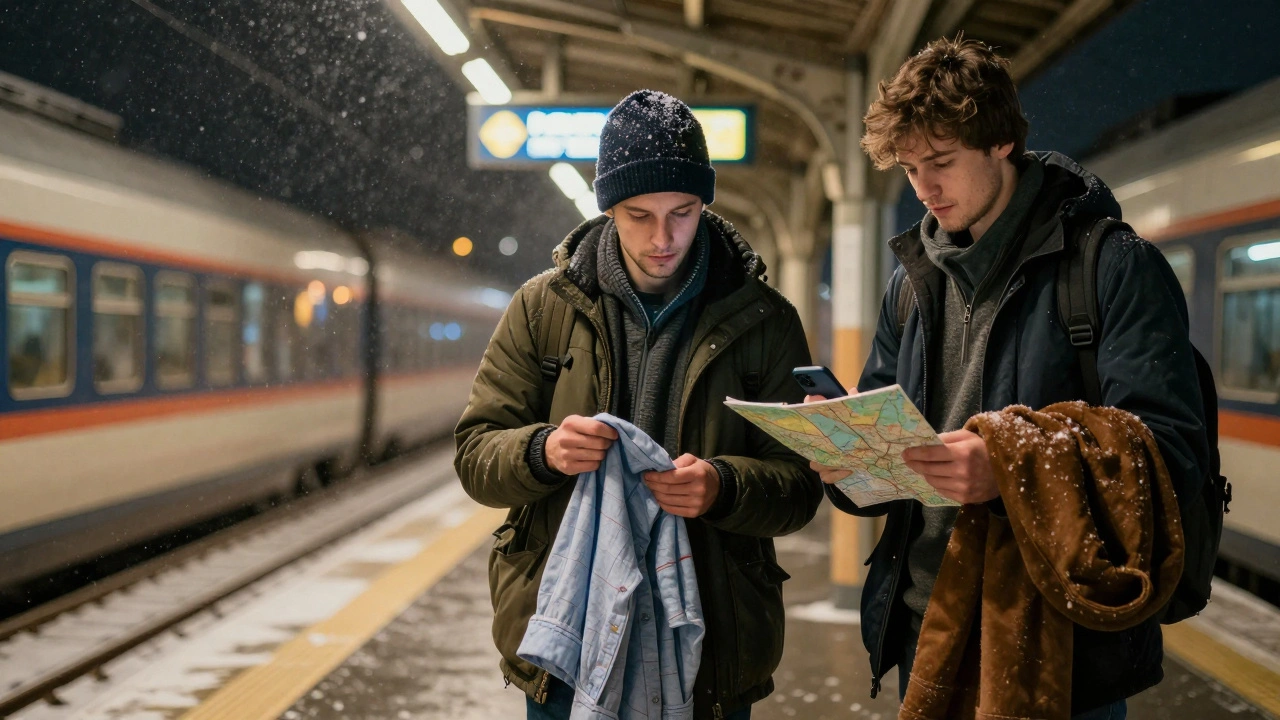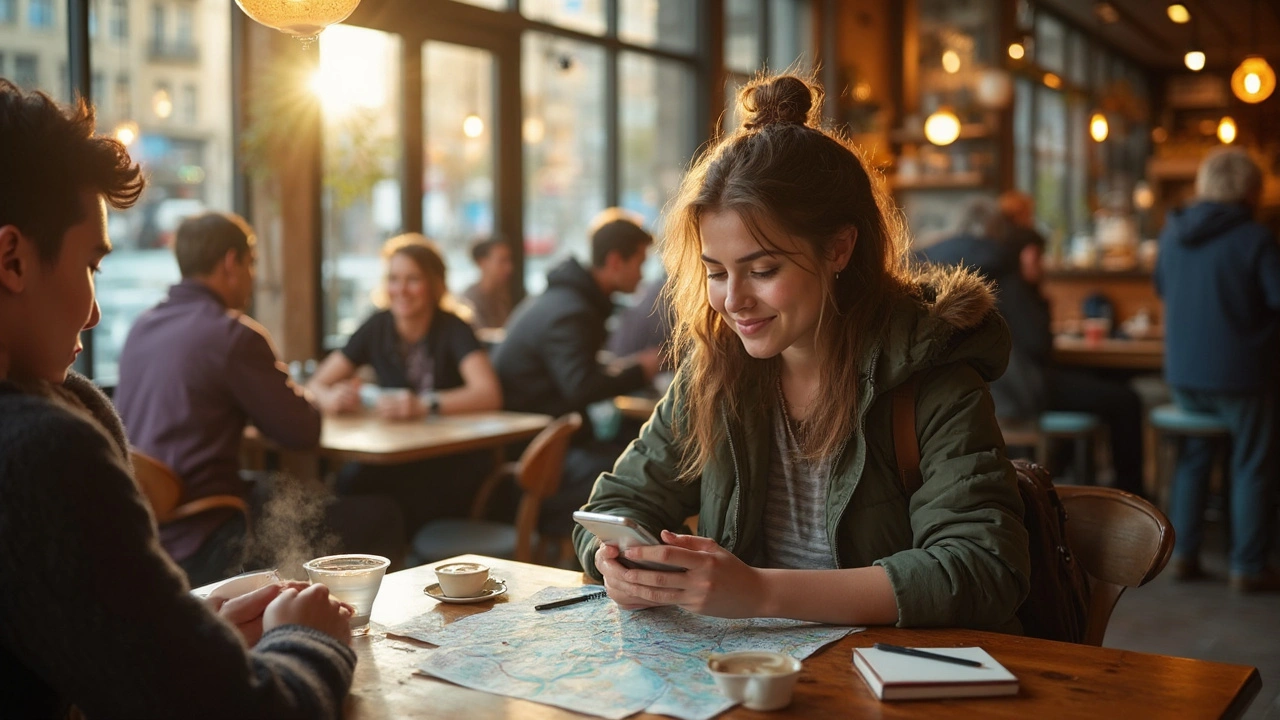How to Find a Last-Minute Travel Buddy
Find a last-minute travel buddy safely and easily using verified platforms, smart safety checks, and clear communication. Learn where to look, who to trust, and how to avoid common pitfalls when traveling solo.
Travel should feel exciting, not nerve‑wracking. A few smart habits can keep you safe without ruining the fun. Below are straightforward steps you can start using right now.
Before you book a flight, check the destination’s travel advisory on the official government site. Note any local laws that might surprise you—like dress codes, curfew rules, or restrictions on certain services. Download an offline map and save emergency numbers. If you’re heading to a nightlife hotspot, read recent reviews that mention safety, lighting, and crowd control.
Consider buying a portable charger and a travel‑size power bank. A dead phone is a big risk when you need to call a cab or alert someone of an issue. Also, let a trusted friend or family member know your itinerary, including the address of your accommodation and any planned night outings.
When you arrive, keep your passport, extra cash, and credit cards in a hidden money belt. Don’t flash expensive gadgets in crowded markets; they can attract unwanted attention. If you’re using rideshare apps, always verify the license plate and driver’s name before getting in.
Nightlife can be a highlight, but it also needs extra caution. Stick to well‑lit venues and stay close to the main crowd. If you’re exploring hidden bars or elite clubs, let someone know where you’re heading and set a check‑in time. Discretion matters—especially if you’re using adult services. Use reputable platforms, request privacy policies, and never share personal details beyond what’s required.
Private tours are a great way to avoid getting lost or scammed. Guides know safe routes, local customs, and can spot trouble before it happens. When you book a tour, read reviews that mention the guide’s professionalism and how they handle emergencies.
Keep an eye on your drinks. Never leave a glass unattended and watch for any unusual changes in color or taste. If you feel uneasy, trust your gut and leave the area. Most cities have a 24‑hour police line—save the number as soon as you land.
Finally, protect your digital privacy. Use a VPN when connecting to public Wi‑Fi, and avoid logging into banking apps on shared networks. Password‑protect your devices and enable two‑factor authentication for important accounts.
Staying safe isn’t about being paranoid; it’s about being prepared. Use these simple checks, stay aware of your surroundings, and you’ll enjoy a worry‑free adventure wherever you go.

Find a last-minute travel buddy safely and easily using verified platforms, smart safety checks, and clear communication. Learn where to look, who to trust, and how to avoid common pitfalls when traveling solo.

A reliable travel companion isn’t just about company-it’s about safety, preparedness, and peace of mind. Learn what makes one truly dependable and how to choose the right person-or system-for your next trip.

Looking to meet new travel partners as a solo female traveler? This article breaks down practical safety tips for finding and connecting with new buddies on the road. You'll learn how to check backgrounds, spot red flags, communicate clearly, and trust your gut before agreeing to meet. We’ll cover the best apps, smart meet-up spots, and simple hacks to stay safe while having fun. Whether you’re heading to a new city or backpacking through Asia, get the info you need to feel confident as a travel girl.